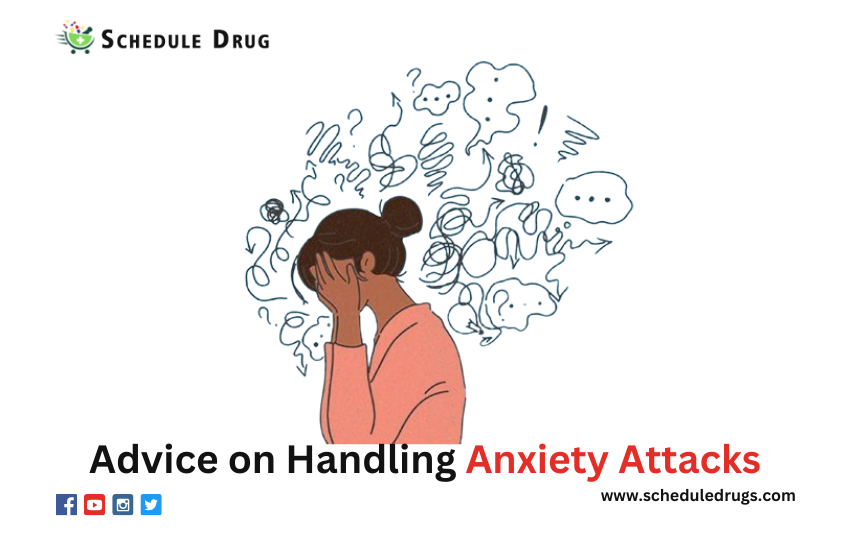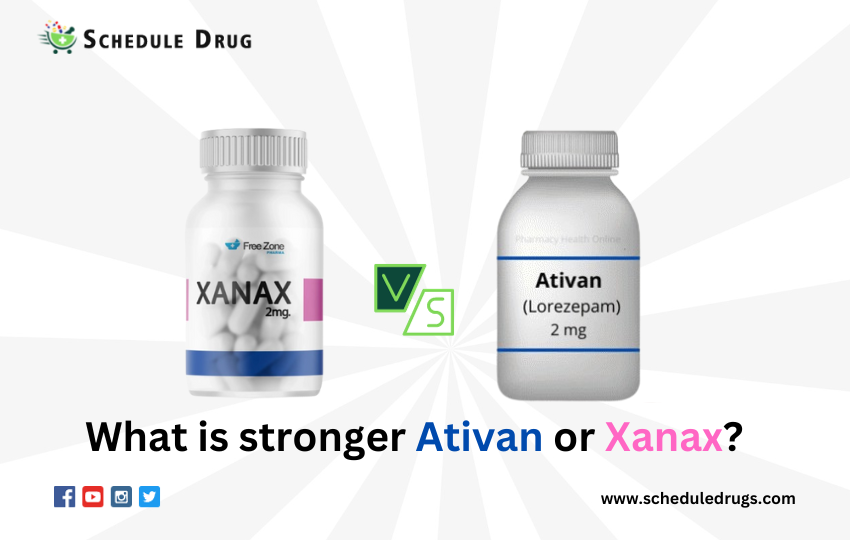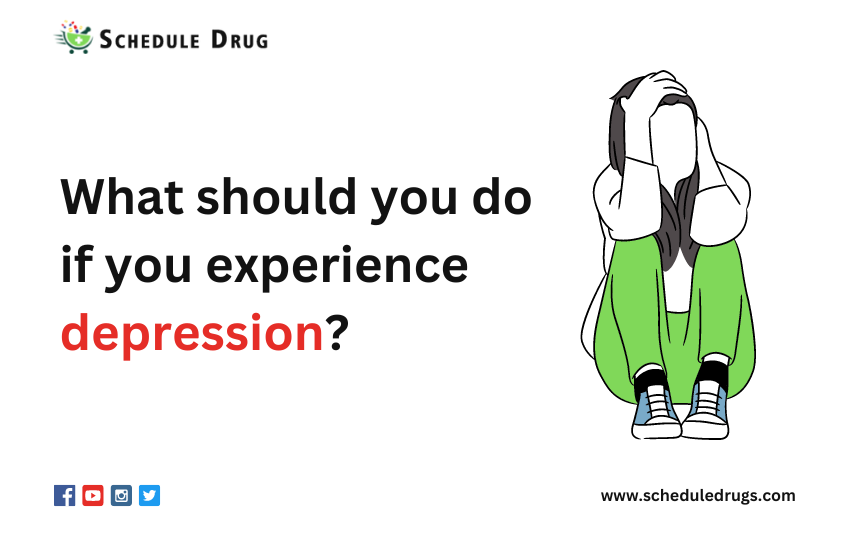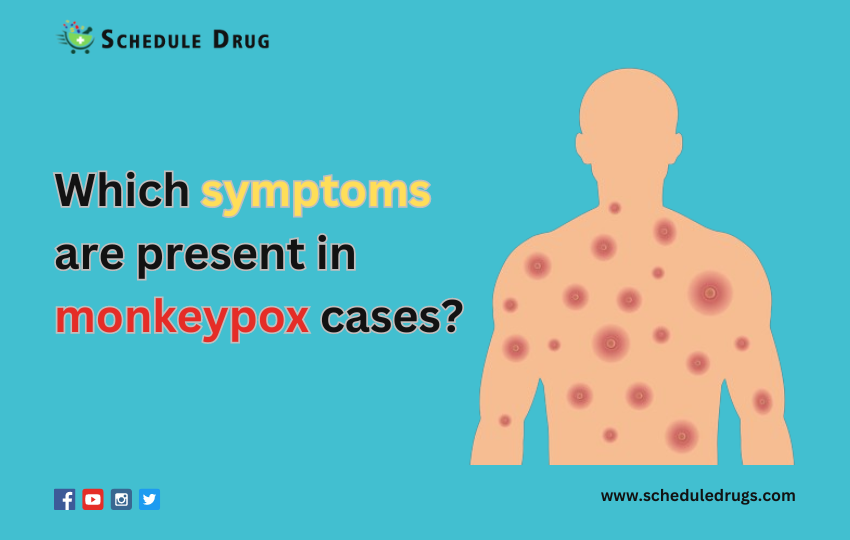Tips to Manage Anxiety Attacks
Hello friends, today, I am going to let you know all about anxiety and ten magic ways to cope with anxiety. Most people get confused about anxiety and stress and think both are similar. Unfortunately, they are not. Although both may occur like a typical reaction against stressful situations, they are still not the same.
So, now a few questions may arise, like anxiety and the difference between anxiety and stress, etc. Read this blog carefully to understand all about anxiety attacks;
What is an Anxiety Disorder?
Anxiety is a common psychological health problem that refers to being in a stable state of worry or showing excessive fear. Everyone worries about unexpected things or changes, but suffering from anxiety means that worrying has an abnormal impact on your life.
According to the world health organization, also known as WHO, anxiety is a condition that affects 1 in every 13 people globally. So, if you are also dealing with any anxiety, you are not unique or alone. Anxiety is more prevalent in young people and women. Reports say women are twice more likely to experience anxiety than men.
Symptoms of Anxiety
Anxiety symptoms may vary depending upon the patient’s type of disorder and condition, but most types of anxiety may show the following signs.
- Feeling dizzy or light-headed.
- Sweating or feeling light
- Panic attacks
- Hyperventilation or rapid breathing
- Increased heart rate, feeling tired or weak
- Nausea or painful stomach
- Aches and pains in your body
Difference Between Anxiety and Depression?
There are some significant differences between depression and anxiety. The first difference is that depression is a mood disorder and anxiety is a nervous condition. It is not rare, though, for people who are depressed to have fear, and vice versa.
The second key difference between depression and anxiety is that depression is mainly one condition, although it has several signs and symptoms. Depression symptoms may differ from one person to another. On the other hand, anxiety is an umbrella term covering a range of psychological conditions.
What Are the Best Ways to Manage Anxiety Attacks?
If your anxiety affects your life and makes it difficult to manage your daily tasks, some ways can help you.
Quick Ways to Manage Anxiety
- Question your thought pattern
Negative thoughts and situations can take root in your brain and distort the severity of the condition. One way is to challenge your beliefs and fears, ask yourself whether your anxiety is genuine or not. Also, you can see things that help you control your thoughts.
- Practice focused, deep breathing
Try breathing in four times and breathing out for the same counts for five minutes total. This helps you slow your heart rate and calm you down. In addition, the 4-7-8 technique is also helpful.
- Use aromatherapy
Whether in oil form, candle, or incense, scents like lavender, sandalwood, and chamomile can be very soothing.
- Yoga and exercise
The best way to stop anxious feelings is to walk away from anxiety in some cases. Taking some time to concentrate on your body and not your brain may help relieve anxiety symptoms.
- Write down your thoughts
Understanding the situations and beliefs that lead to anxiety can help avoid the problem. This trick is beneficial for people who experience anxiety sporadically. They may also work effectively with someone who has GAD when they are in a bind too.
However, if you think you have GAD, quick methods should not be the only treatment you employ. You will need some long-term strategies and medications like Alprazolam.
Long-term Ways to Manage Anxiety
If anxiety is a part of your life, it is essential to find long-term treatment strategies to help you. Long-term treatment may include several things like medication and therapies. If you’re unsure where to start, it is crucial to talk with a mental health care provider; however, following practices can also help.
- Identify and Learn how to Manage Your Triggers
You can identify the things that trigger your anxiety on your own or with a therapist. Sometimes, your triggers may be obvious, like drinking alcohol, caffeine, or smoking. Other times they may be less noticeable.
Long-term situations like financial or work-related problems may take some time to figure out. But, this may take some additional support, with friends or through therapy.
Some situations that can trigger your anxiety may include;
- a stressful work or job environment
- driving or traveling
- withdrawal from drugs or certain medications
- genetics – anxiety could run in your family
- side effects of certain medicines
- phobias like agoraphobia and claustrophobia
- chronic health conditions such as diabetes, heart disease, or asthma
- depression or caffeine use
- Adopt CBT (cognitive behavioral therapy)
Behavioral therapies like CBT can help you learn different reactions and thoughts about anxiety-causing situations. A therapist can suggest you develop ways to change negative thought patterns and behaviors before they spiral.
- Do a daily or routine meditation
While this may take some practice to do successfully, meditation, when done regularly, can help you avoid anxiety symptoms. We suggest you start practicing Yoga today if you feel concentration issues.
- Try changes in your diet or take supplements
Changing your diet or consuming supplements is a long-term strategy. Professionals believe specific remedies or supplements, or nutrients can help you reduce your anxiety.
These include:
- omega-3 fatty acids
- lemon balm
- ashwagandha
- valerian root
- dark chocolate
- kava kava
However, it could take up to 180 days before your body runs on these herbal products’ nutrition. If you consume other substances with herbal products, let your doctor know about them.
- Keep your body and mind healthy
Physically and mentally fit people have the lowest risk of experiencing anxiety. And, healthy habits like eating balanced, exercising regularly, connecting with people, and getting enough sleep help you stay fit.
Bonus Point: Medications
Medications are the best alternative to treat a wide range of anxiety symptoms in a limited period. They can help you manage your anxiety even when combined with other treatment programs like exercise and Yoga.
Although medications are best and can help you with the best outcomes, they may lead to dependence and physical side effects. We recommend you use drugs only when other options are not enough.
Self-esteem in Anxiety
Anxiety patients often have low self-esteem and feel worthless. And the fact is low self-esteem can make your anxiety even worse. It can trigger a passive approach to interacting with people and foster a fear of being judged.
In addition, low self-esteem can also cause some problems in your life. Problems may include;
- Isolation
- Depressed mood
- Feelings of guilt
- Difficulties in functioning at work or school
Therefore, you should always be confident and avoid things and people who demotivate you. This will surely help you reduce the risk of having an anxiety disorder.
Bottom Line
When fear or anxiety feels extreme, it may signify an anxiety disorder. For individuals with anxiety disorder, getting proper care from professionals is essential. These tips can help you too. But professionals’ care is the only way to shake an anxiety disorder.



